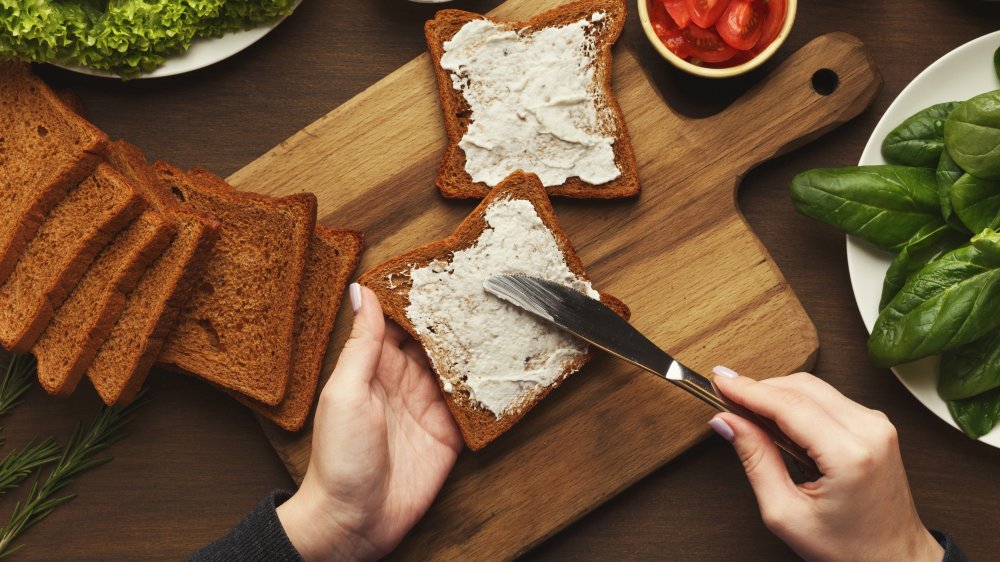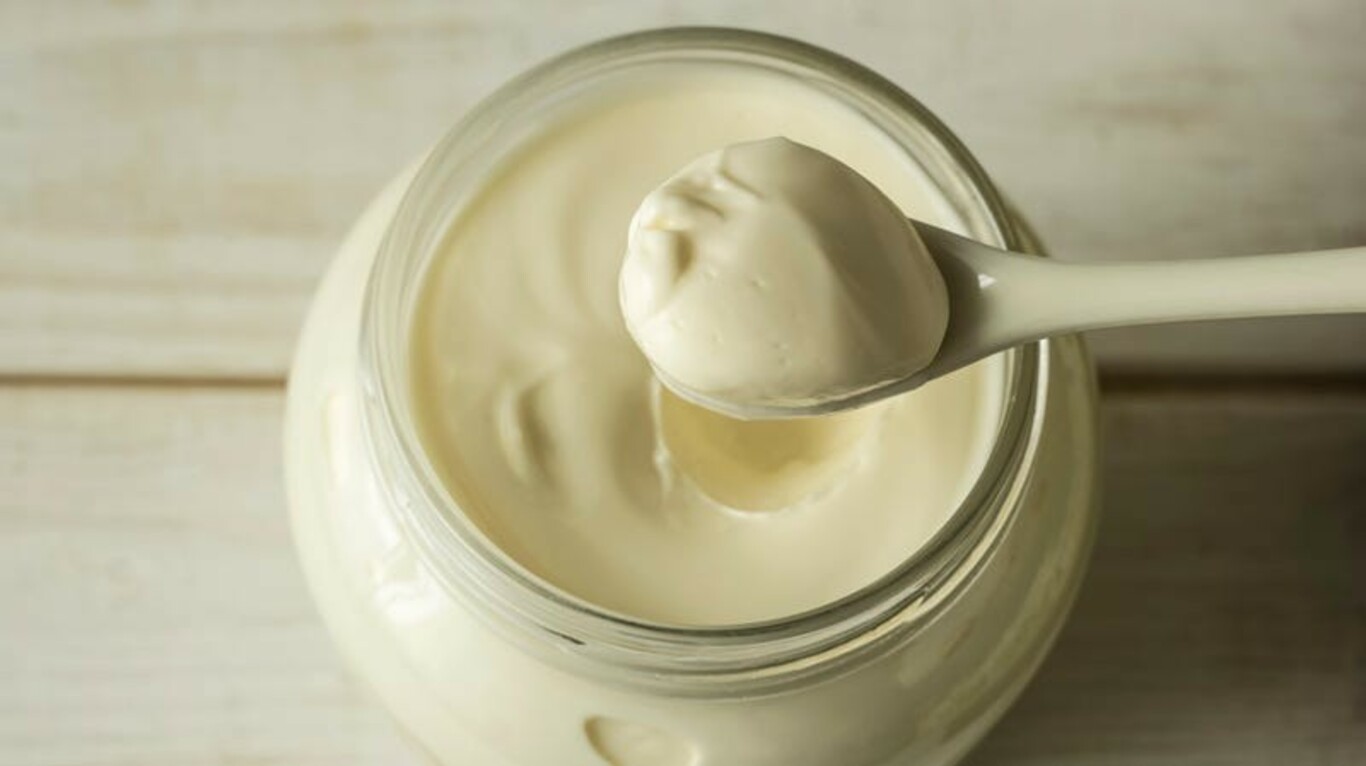What Happens If You Eat Mayonnaise That Has Been Left Out?
Written By James Morgan
For all the barbecue enthusiasts out there, the thrill of grilling is often accompanied by a plethora of delicious additions, and mayonnaise is likely to be one of them. But have you ever wondered what happens if you eat mayonnaise that has been left out? In this article, we will delve into the effects of consuming mayonnaise that has sat outside the safe temperature range for too long, uncovering myths and providing you with valuable safety tips.
Mayonnaise is a common condiment at barbecues, often used in salads, dressings, and as an accompaniment to grilled meats. However, improperly stored mayonnaise can lead to foodborne illnesses. This particularly concerns those who enjoy outdoor picnics or potlucks on hot summer days. How can you ensure youre enjoying your food safely?

The Science Behind Mayonnaise
Before we jump into the consequences of consuming neglected mayonnaise, its essential to understand what mayonnaise is and how it behaves. Mayonnaise is typically made from oil, egg yolks, and vinegar or lemon juice. This combination creates an emulsion that is stable when refrigerated but can become a breeding ground for bacteria if left out at room temperature. To learn more about the ingredients, you can check out the difference between mayonnaise and salad dressing.

What Happens When Mayonnaise Is Left Out?
When mayonnaise is left out at temperatures above 40F (4C), especially for more than two hours, you're inviting trouble. Here's a breakdown of what can happen:
Bacterial Growth
Mayonnaise is rich in proteins that can attract bacteria when left out. Common culprits include Salmonella, E. coli, and Staphylococcus aureus. When consumed, these bacteria can lead to food poisoning, causing symptoms like nausea, vomiting, diarrhea, and abdominal cramps.
Signs of Spoilage
How can you tell if your mayonnaise is bad? Signs include:
- Change in color or texture: If your mayonnaise has separated or appears discolored, it's best to toss it.
- Off smell: A sour or rancid odor is often a sign of spoilage.
- Unusual taste: If it tastes off, its time to discard it.

Preventing Spoilage at Barbecues
As a barbecue enthusiast, preventing spoilage is vital to keep the party going safely. Consider these tips:
- Keep cool: Utilize coolers with ice packs to keep mayonnaise and other perishables chilled.
- Monitor time: The two-hour rule is crucial. If its warm outside, try to limit the exposure to one hour.
- Ask questions: When bringing food to a potluck, ensure everyone understands how to store mayonnaise correctly.
What to Do If Youve Left Mayonnaise Out
So what if you find that your mayonnaise has been out longer than recommended? Heres what to do:
- 1. Assess the Situation: Check for any signs of spoilage as mentioned above.
- 2. Trust Your Instincts: If in doubt, throw it out. Its better to be safe than sorry.
- 3. Consult Professional Opinions: For further information on food safety, consider visiting trustworthy sites like PopSci.

Alternatives to Mayonnaise
If youre concerned about the safety of mayonnaise or looking for alternatives, here are some popular substitutes:
- Greek Yogurt: A healthier alternative, rich in protein.
- Avocado: Creamy and rich, perfect for salad dressings.
- Hummus: Offers a unique flavor profile that pairs well with many dishes.
- For more on mayonnaise substitutes, check out this helpful guide.
How to Handle Leftover Mayonnaise
If you've managed to keep your mayonnaise safe and have leftovers post-barbecue, here's how to store them:
- Refrigerate Immediately: Place it back in the fridge as soon as possible.
- Seal Tightly: Ensure the jar or container is sealed tightly to maintain freshness.
- Check Expiry Dates: Always adhere to 'best by' dates.
Frequently Asked Questions
1. Can you reheat mayonnaise?
Mayonnaise should not be reheated, as it can break down and lead to spoilage.
2. How long can mayonnaise be left out?
Mayonnaise should not be left out for more than two hours at room temperature.
3. What happens if you eat spoiled mayonnaise?
Consuming spoiled mayonnaise can result in food poisoning due to bacterial growth, with symptoms like nausea and diarrhea.
As an Amazon Associate, I earn from qualifying purchases.



